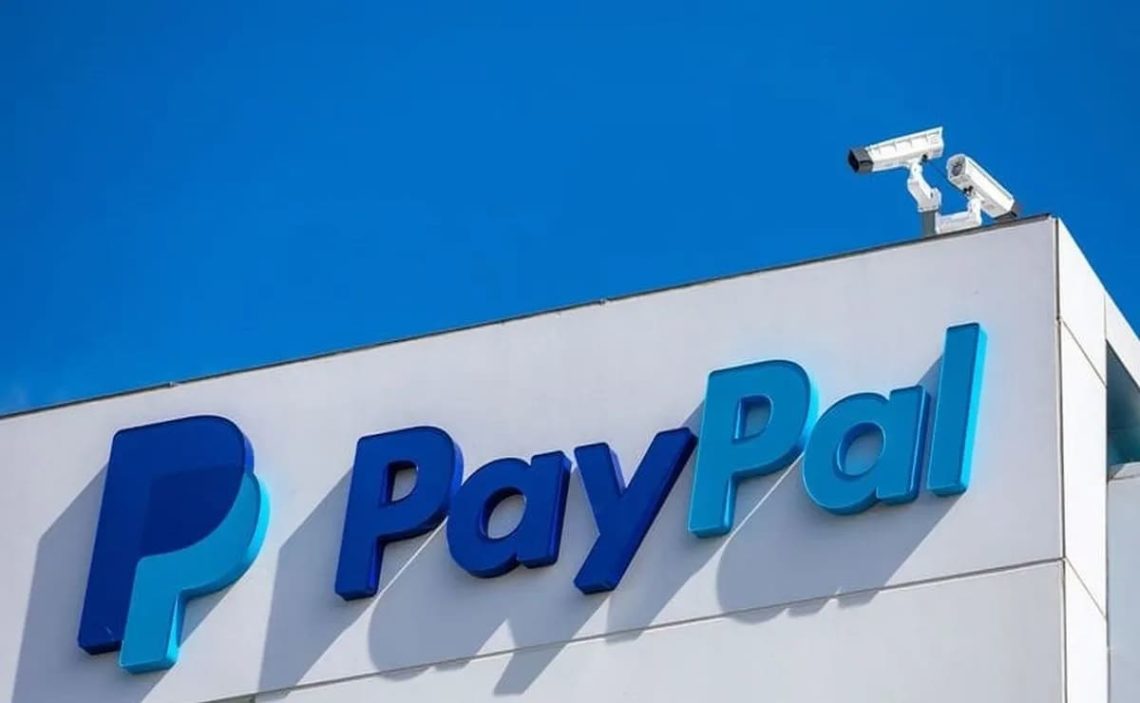When PayPal froze the accounts of three users and allegedly took the funds without explanation, the affected people decided to file a federal lawsuit against the platform. The story of two plaintiffs is known, one from California and the other from Chicago.
The accusation to the company assures that they have illegally seized the personal assets of those affected and violated the laws against organized crime. In addition, they propose to file a class action lawsuit on behalf of all users whose accounts were also frozen and who want restitution.
The lawsuit against PayPal
One of the plaintiffs, Lena Evans, a platform user of 22 years, reported that a total of $26,984 had been seized from her account. The incident occurred six months after the account had been frozen without an explanation.
She claims that the funds came from her sales and purchases of clothes through eBay, and she exchanged the money for a poker league she owns and a non-profit organization that helps women with different needs.
On the other hand, Roni Shemtov is the other plaintiff who claims that a total of $42,000 of his funds were confiscated, and he never received an acceptable explanation as to why his account was terminated.
When he contacted PayPal, he received different explanations. One explanation was that he was using the same IP and computer as another user. Another explanation was that he sold yoga clothes for 20-30% less than retail. They also explained that he was using multiple accounts with the same data, which the plaintiff claims is false.
A third plaintiff
Shbadan Akylbekov is the third plaintiff and claims that PayPal confiscated $172,000 of his money without explaining why the account was limited in the first place. He explains that he used the account for a business owned by his wife that sells Hyaluron pens.
These pens do not have needles and inject hyaluronic acid into the skin. The money disappeared from the account six months after the freeze. After that time, the platform sent a letter of explanation.
PayPal indicated that the account violated PayPal’s user agreement and acceptable use policy (AUP) by accepting payments for selling injectable fillers that are not FDA-approved.
The explanation also stated that they took the money from the account to settle damages arising from that AUP violation by the User Agreement. This situation has upset many users who have suffered the same consequences with their PayPal accounts.
Others affected
This story has been repeated on many occasions. Some time ago, it was the case of American poker player Chris Moneymaker who had a total of $12,000 taken from his account after a six-month limitation.
Chris found himself asking for help from other users to help him file a class action lawsuit until his funds were mysteriously returned.
The lawsuit against PayPal
It is worth mentioning that within the terms and conditions, it is stipulated that the platform can freeze and use the funds in the account to pay withholding fees, among other things, when they consider that the account is in breach of any regulation.
Even so, many affected users consider this a violation of their rights, and that the company’s actions are not reasonable. Therefore, they have gathered to make a lawsuit where they stipulate how they have been affected and the request they make before the country’s justice system to recover their money. Part of the lawsuit states:
“Plaintiffs bring this class action against Defendant PAYPAL, INC. (“PayPal”) to recover damages and other remedies available at law and in equity on behalf of themselves, as well as on behalf of members of the class defined herein….
This action stems from Defendant’s widespread business practice of unilaterally seizing funds from its customers’ financial accounts without cause and without any fair or due process.
PayPal places a “hold” on Plaintiffs’ own funds in their own PayPal accounts.
PayPal has not informed Plaintiffs or class members of the reasons for the actions PayPal has taken, and has even told Plaintiffs and class members that they “will have to obtain a subpoena” for simple information as to why. PayPal was withholding and denying Plaintiffs access to their own money.”


